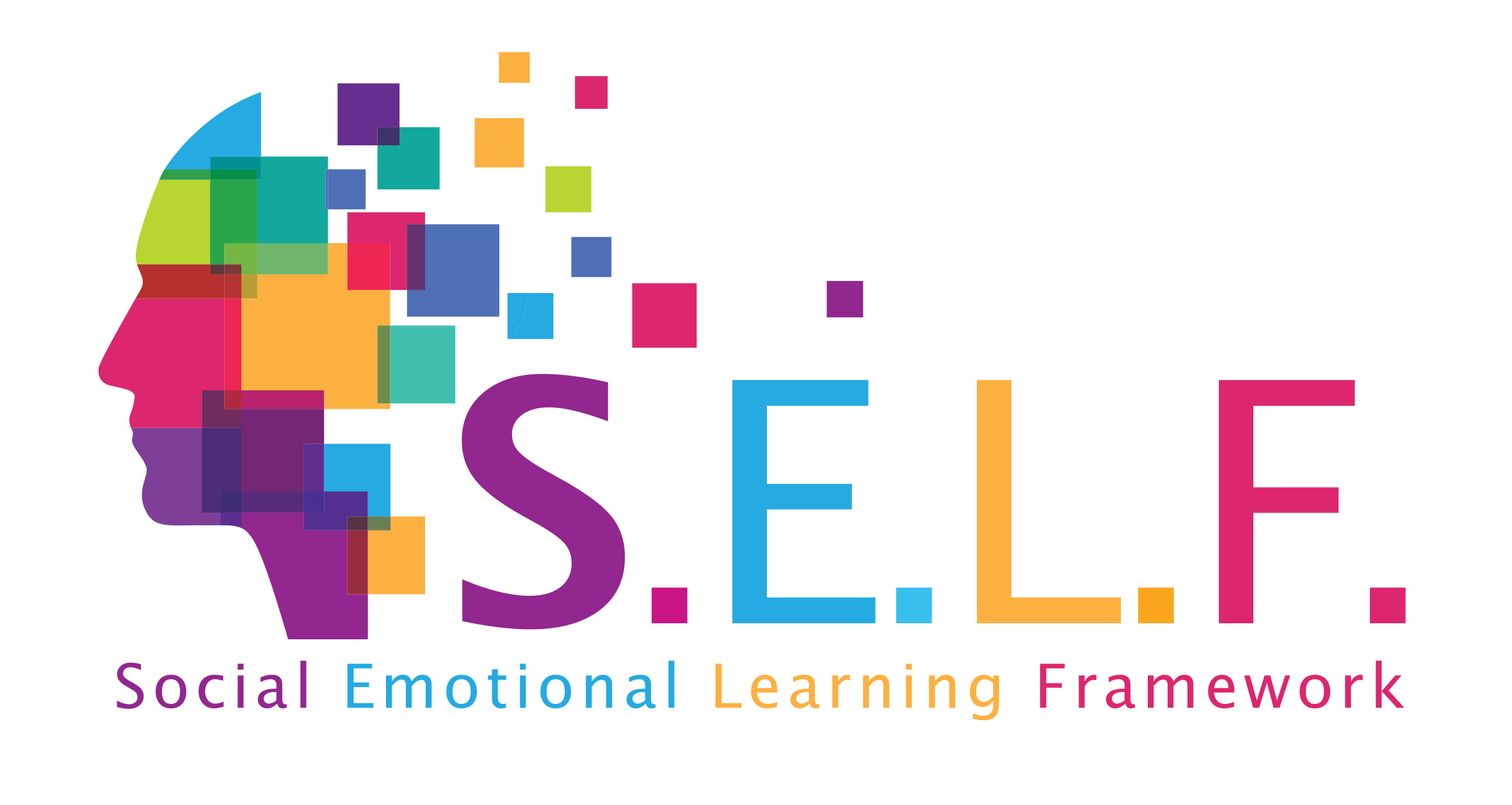SELF-MANAGEMENT
What Is Self-Management?
Why Is It Important?
Best Practices
What Is Self-Management?
There is a Native American story called “Two Wolves” about human beings’ inner struggle. An American Indian grandfather tells his grandson the following story:
“A fight is going on inside me. It is a fight between two wolves. One represents anger, envy, sorrow, regret, greed, arrogance, self-pity, guilt, resentment, inferiority, lies, false pride, superiority, and ego. The other represents joy, peace, love, hope, serenity, humility, kindness, benevolence, empathy, generosity, truth, compassion, and faith.”
The grandson thinks about it for a while and then asks his grandfather, “Which wolf will win?” The old man simply replies, “The one you feed”.
The story tells that we all have a choice about how to react to situations. Responding positively or negatively to things depends on our way of thinking and behaving. Feeding the “good wolf” requires making proactive choices and having self-management skills.
Self-management is the ability to face emotional, social, and cognitive threats around us patiently and mindfully. Self-management requires controlling destructive feelings and impulses, and thinking before acting. It is one of the five domains of emotional intelligence, a concept developed by Psychologist Daniel Goleman. Emotional intelligence is a crucial skill since it raises awareness of your own and others’ emotions and needs. Self-management is vital because it helps you respond properly to things and express yourself appropriately.
Why Is It Important?

In their research, Goleman et al. found that those who have self-management skills can calm themselves when they are angry or upset, and cheer themselves up when they are don’t feel good. In addition, it was revealed that people with such skills were more flexible, adaptable, and responsible.
Self-management involves putting a pause between a feeling and action; i.e., reflecting, planning, waiting patiently, and allocating time for something. Children usually struggle with such feelings, but sometimes adults also do.
The foundations of our self-management skills in adulthood lie in childhood development. Learning self-regulation is key for children to develop social maturity and build social connections.
Imagine a pre-school child having a tantrum. Over time, the child learns to control his/her anger without throwing any toys around. As they step into adulthood, they learn to manage and control uncomfortable feelings.
An adult with poor self-management skills may experience confidence issues and find it difficult to overcome feelings of stress and disappointment. This usually results in severe temper and affects an individual’s mental well-being.
Through self-regulation, we can act in line with our own deep values or social conscience. If you value academic achievement, you then focus on studying before an examination, rather than procrastinating. Or if you value helping others, then you support your colleague in their project even if you don’t have much time.
Self-management benefits an individual and the people around them not only in the short term, but also in the long term, as well. Using this skill, we can practice delayed gratification and take a hold of our impulses by imagining the results of our actions, before acting. For example, we may choose to refuse entertainment while we focus on our personal development. Or when we are extremely angry, we may keep ourselves from saying something hurtful impulsively.
